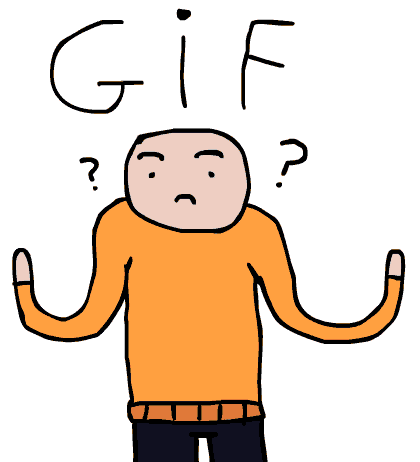Nominative German Adjective Endings
- Herr Antrim

- Nov 13, 2016
- 3 min read
This week's 3 Minuten Deutsch video is about the adjective endings in the nominative case. Below you can find the video. After the video you can find a text explanation and some more example sentences. If you want to try this out on your own, you can find a worksheet and answer key on my Patreon page.
All adjectives in German have 3 groups into which they fall. If they are preceded by an article, you have to decide if that article counts as a definite or indefinite article. If there isn't an article, then you use the "non-preceded" endings. The non-preceded endings and the endings after indefinite articles will usually be similar, but the plural form in the nominative case is the only one that is different. Let's take a look at some examples to get away from talking in abstract ideas about grammar.
Der hässliche Mann, die schöne Frau und das hübsche Mädchen sind eine Familie. - The ugly man, the beautiful woman, and the pretty girl are a family.
In this sentence, you can clearly see that it doesn't matter what the gender of the noun is, as long as it is preceded by a definite article, the adjective ending is -e (hässlich+e, schön+e, hübsch+e).
When there is an indefinite article, the change is quite simple. The ending that used to be on the definite article is now on the adjective instead. You can clearly see that in the gif below.

Ein hässlicher Mann, eine schöne Frau und ein hübsches Mädchen können eine Familie sein. - An ugly man, a beautiful woman, and a pretty girl can be a family.
Here you can see the same endings that were on the definite articles in the previous example have shifted to the adjective, because of the use of the indefinite articles. If you have trouble visualizing this change, I have created another gif for that.

The third category isn't all that much different from the adjectives after indefinite articles, but the usage is a bit more complicated. As in English, there aren't very many nouns that you can use in German without having an article in front of them. It is incredibly easy to use these types of adjective endings in the plural form, but the singular ones are troublesome, because you really can't come up with that many unique examples. I'll try it anyway.
Roter Wein, gelbe Limonade und dunkeles Bier gefällt mir. - I like red wine, yellow lemonade, and dark beer. (Literally: Red wine, yellow lemonade, and dark beer is pleasing to me.)
In this example, you can clearly see that the endings haven't changed at all form those after indefinite articles. The only exception to this rule in the nominative case is the endings in the plural, which I haven't talked about at all yet. I have created one more gif for that below on a chart. After the gif I'll show you some examples with the plural forms of nouns in the nominative case.

Die kleinen Kinder sind laut. - The small children are loud.
Meine kleinen Kinder sind laut. - My small children are loud.
Kleine Kinder sind laut. - Small children are loud.
If there is an article of any kind in the plural, the adjective takes -en. If there isn't an article in the plural, the adjective takes -e. It's that simple.
Next week I'll talk about the adjectives in the accusative case, which are very similar, but there are some small changes.
After all of that there is only one question that remains. Do you pronounce "gif" as "gif" or "jif"?











Comments